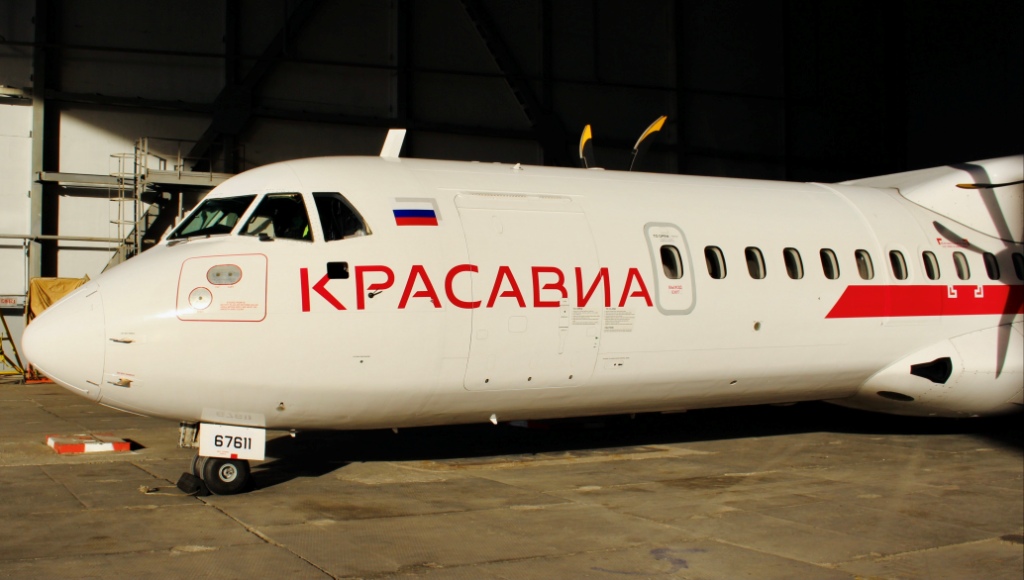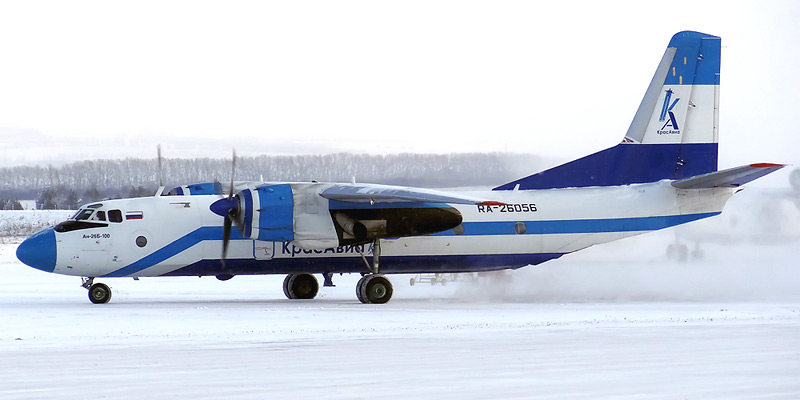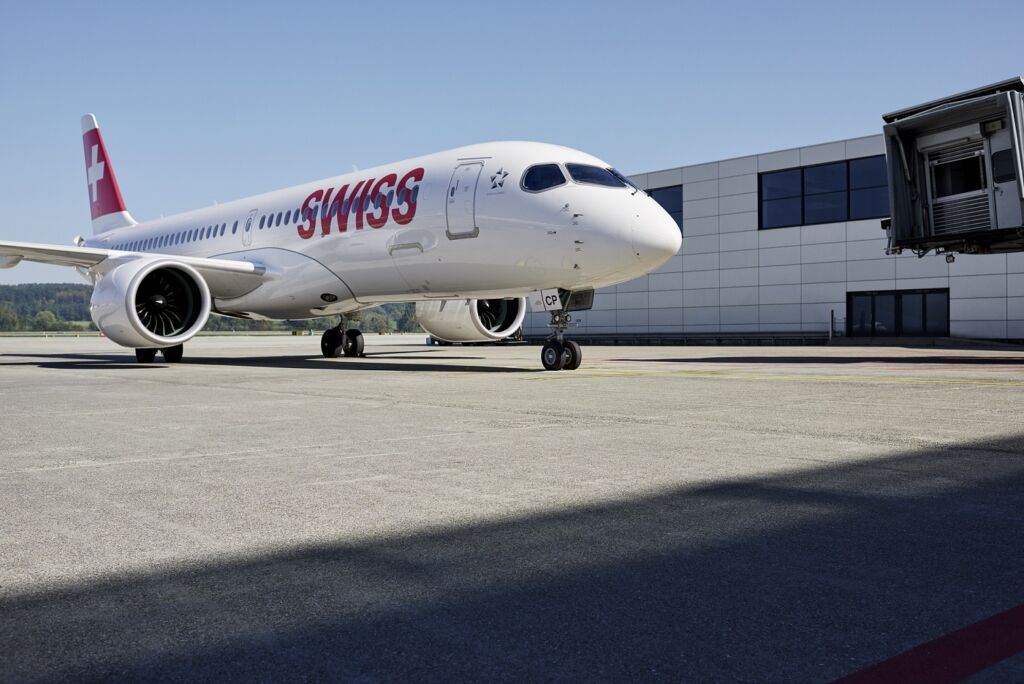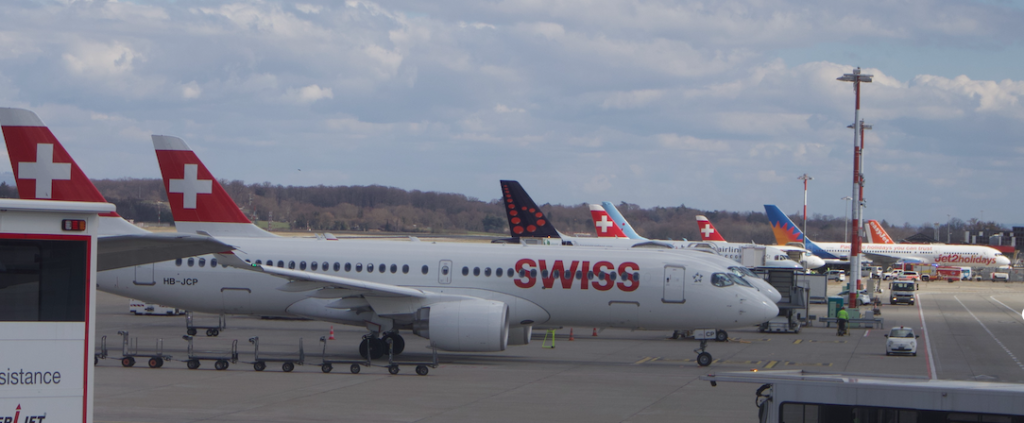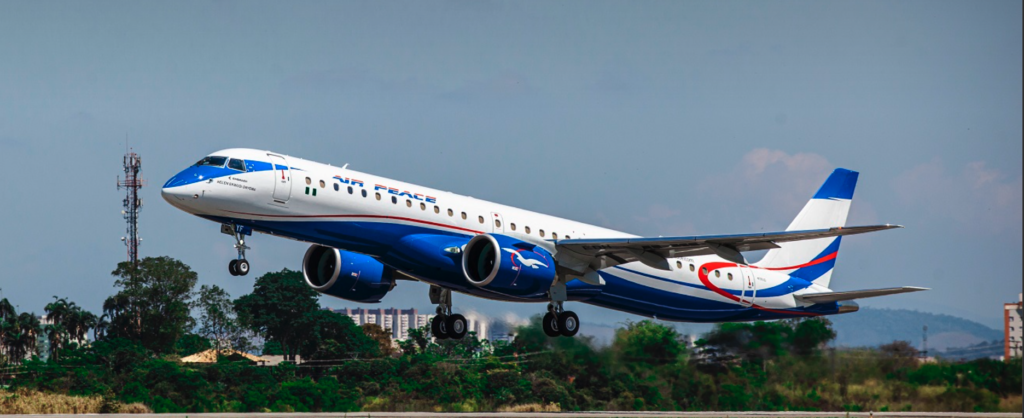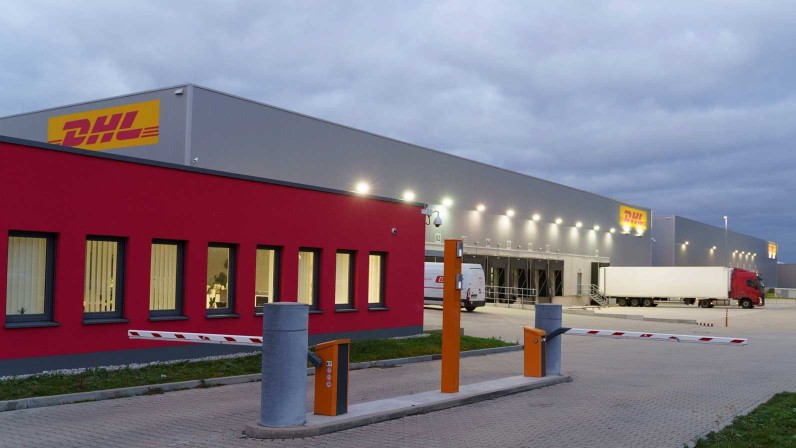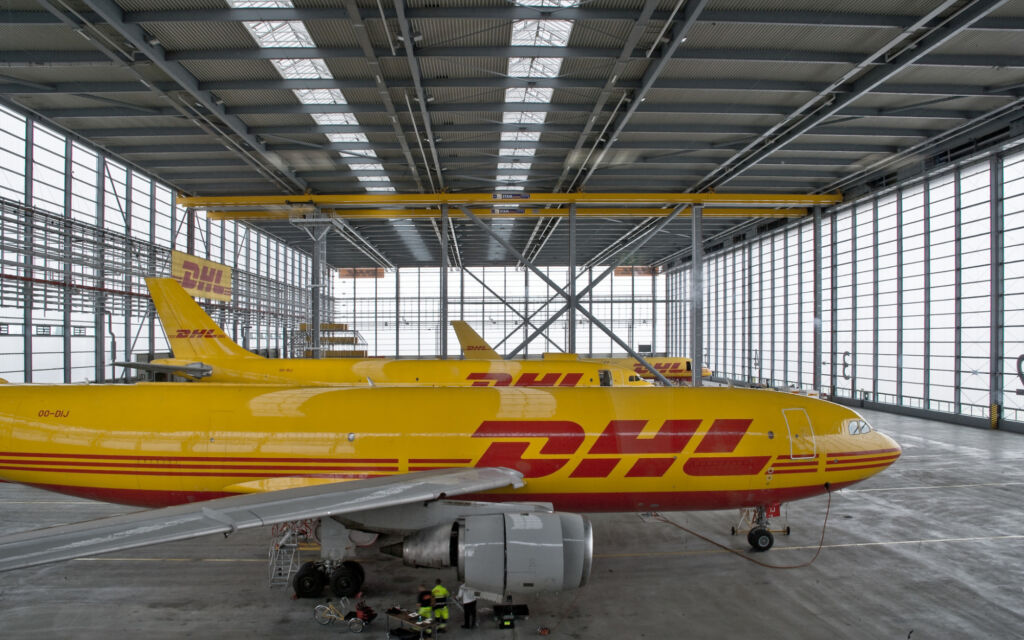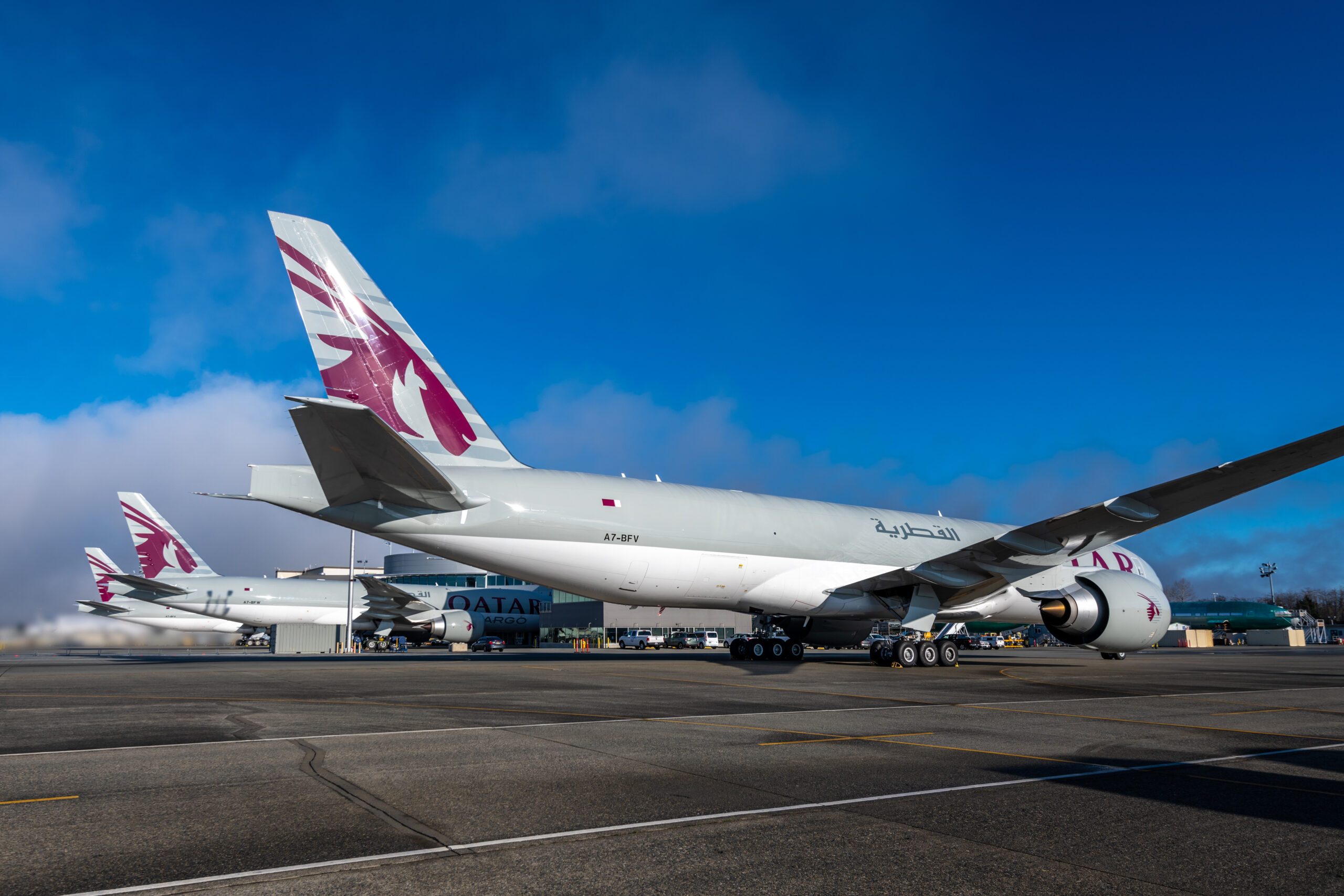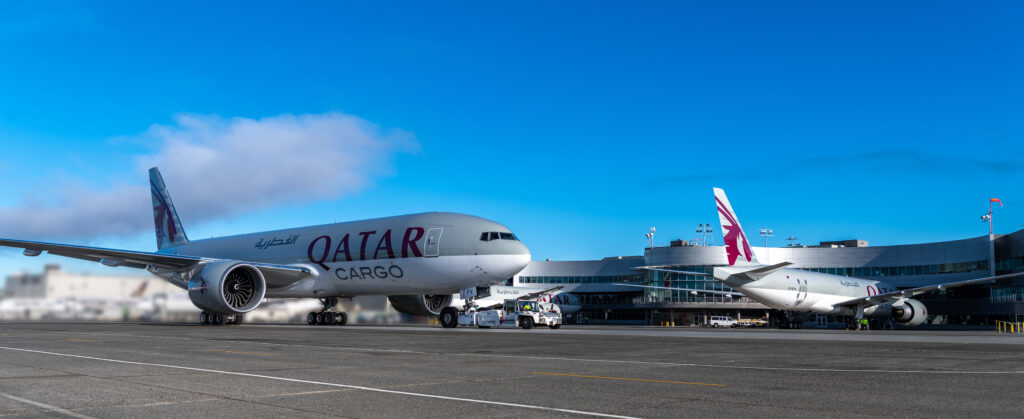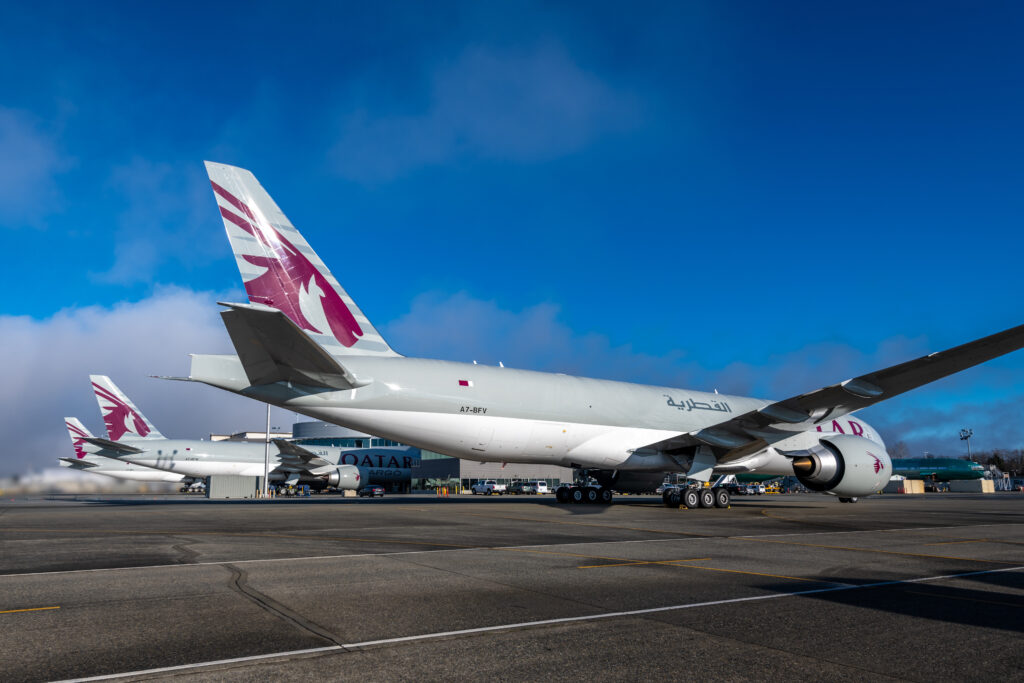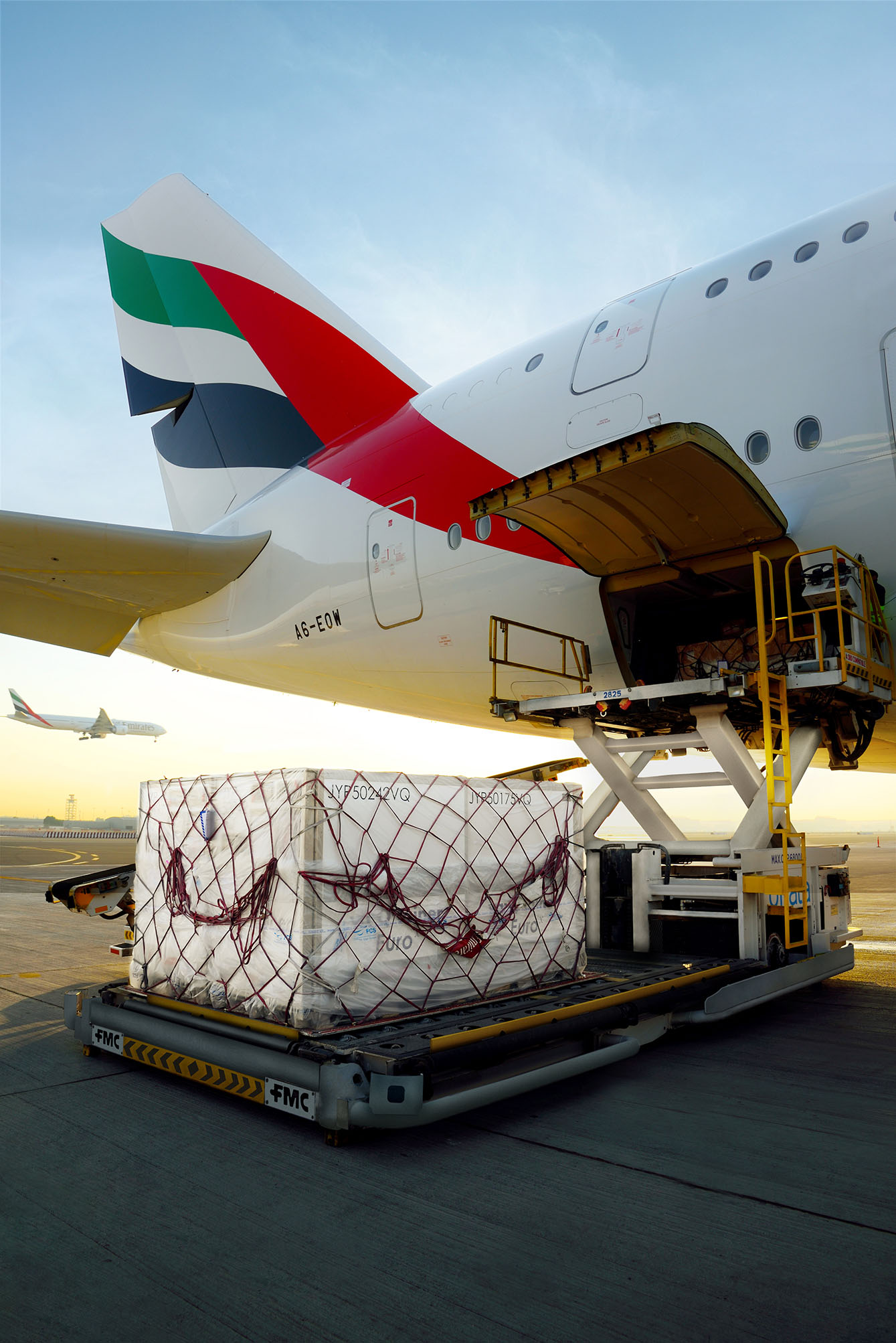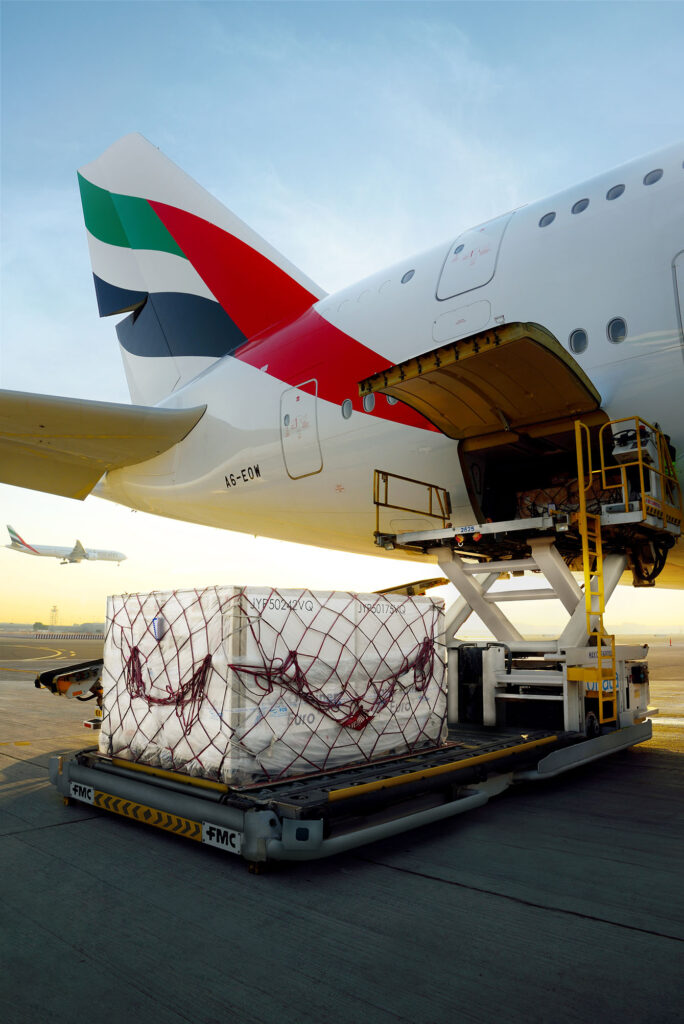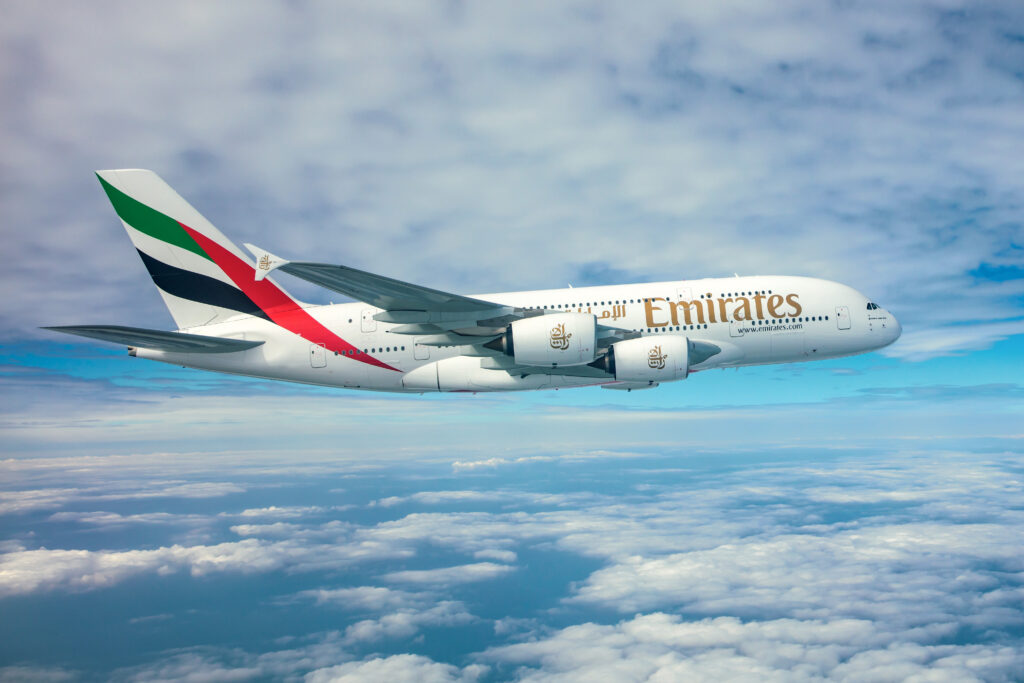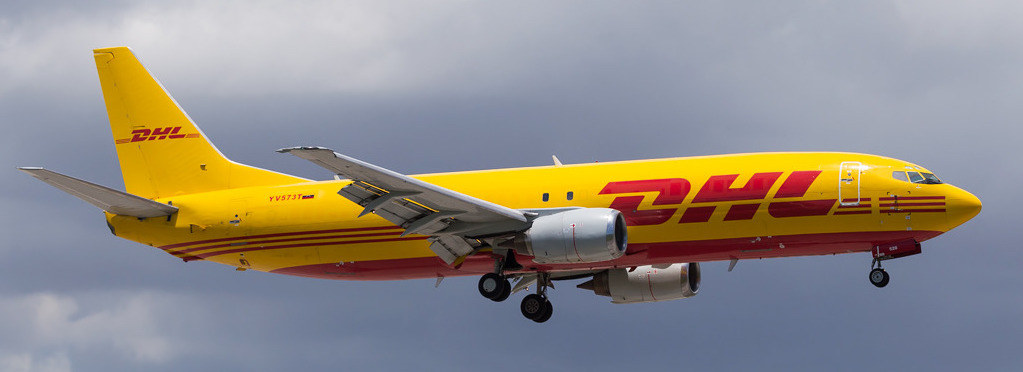The Lufthansa Innovation Hub, the central digitalization unit of the Lufthansa Group, spins-off the startup RYDES. Forward31, the company builder of Porsche Digital, is contributing with its expertise and resources to the venture. Both Porsche and the Lufthansa Group are now strategic minority shareholders in the startup.
“The spin-off and subsequent funding from RYDES has been a great success. Once again, we are proving that startups from corporate digital units can adapt to market conditions. With Forward31, Porsche’s company builder, we have gained an important strategic partner that shares and further enhances our vision of a seamless mobility chain,” says Gleb Tritus, Managing Director Lufthansa Innovation Hub.
“The Lufthansa Innovation Hub is an authority on the development of new business models. Together with such a strong partner and the founding team, we look forward to continuing the successful development of RYDES in the future,” says Christian Knörle, Head of Company Building at Porsche Digital.
The aim of RYDES is to redefine and simplify access to modern mobility. For this purpose, the startup bundles existing mobility offers in one app and makes them accessible via the “Mobility Budget”. The new product allows companies to provide their employees with a monthly budget that they can use for various mobility services. These include car and bike sharing services, e-scooters, shared taxis, and public transport services. The different mobility providers are integrated into the RYDES app and users can use the app to book their trips and manage their budget. All journeys booked through RYDES are offset via the “Compensaid” platform and therefore CO2 neutral.
One-stop shop for mobility as B2B offer
RYDES focuses on companies that want to offer mobility to their employees as an additional benefit. In this way, RYDES is also meeting the demand for mobility services that is emerging in the context of “new work” and the trend towards flexible and decentralized employment. RYDES’ first customer is the flex-office provider WeWork. Companies and freelancers who have a membership with WeWork can use the RYDES offer. WeWork will make the offer available as soon as possible under the relevant Corona guidelines.
The “Mobility Budget” will initially be available in German-speaking countries. In order to drive further growth as well as the startup’s internationalization, Martin Miodownik is expanding the founding team. Martin Miodownik’s who was employee number one at GetYourGuide later assumed the role of VP Global Sales. In this position, he was responsible for the global expansion of the Berlin-based unicorn.
RYDES was founded in 2018 as part of the Lufthansa Innovation Hub. The company’s initial business idea focused on developing a loyalty program that rewards people for using different mobility services. With the ‘Mobility Budget’, RYDES now goes one step further and combines the booking of services in one app, making travel much more convenient.




